Hey there,
In case you’re new here, I’d like to introduce myself – my name is Angela, and I’m a 30-year-old Blogger and Illustrator living in Bangalore, India, with my partner and 2 dogs.
I’ve been doing this since 2015. But I really dug into blogging in 2018. I have 3 other blogs that deal with relationships, drawing, and hair, respectively.
I spend 90% of my time creating content – I love writing, drawing, and coming up with ideas, so this line of business suits me a lot.
And a lot of my friends who have full-time jobs envy the life I have because it’s so flexible, and I get to move around a lot without answering to anyone.
People think it’s all fun and rainbows – they’re often not wrong.
But there are certain cons to blogging, and I thought that it’s vital to share the scenes from both perspectives.
It’s not always writing on the beach while sipping pina coladas and having a steady flow of income coming in – there are a lot of problems and downsides too.

So, if you’re a blogger having tough days or thinking about getting into blogging, please read this post.
It will provide you with a more realistic picture of what blogging really is about.
This post includes affiliate links to products I truly (from the bottom of my heart) recommend and use, meaning at no extra cost to you, I may earn a small percentage which I will use to pamper my pups and myself. This gives me more time to experiment with strategies so I can help you.
1. It takes a while to find people you can trust
When I first entered blogging, I saw many pins on Pinterest saying something like, “How I made $10K in my first 3 months of blogging.”
I was hooked.
And then, I was thoroughly disappointed when I did everything the blog posts told me to and didn’t make the amount I pictured in my head.
See, here’s the thing people don’t talk about: You definitely can make $10K in your first 3 months blogging only if
- You have an already established audience either on a mailing list or on social media; you start a website and redirect that audience to your business.
- You already know how to grow blogs and have a dedicated team of writers and professionals working with you (or you have a great network).
- You are a freelancer providing high-end services like photography, illustrating, website designing, and bridal makeup, and you get 2-3 clients in your first 3 months of blogging.
So, this is something that took me years to understand.
If you are starting from scratch – you are starting from zero, quite literally.
You have to build the damn audience first.
And you can’t just talk about your cat – online diaries don’t work anymore.

And most of the bloggers that create these very click-bait posts and plaster them all over Instagram/TikTok reels or Pinterest are usually the ones who make money via a high-end affiliate program.
So, they get paid when you start a blog using their affiliate links.
They do blow up the figures most of the time because they want you to feel that blogging is easy and anyone can do it.
I’m not saying it’s difficult – but I am saying that there are caveats to everything.
After spending enough time on Youtube and Google, I found trustworthy people.
How do you find bloggers you can trust?
- You watch their progress and study how they start and grow new blogs.
- You monitor their progress: Some bloggers start blogs, grow them month after month, and share these pageviews and income stats with their audience – it will be modest, and they’ll talk about how many posts they wrote, what strategies they’ve used, etc. They’ll tell you exactly how they did it.
- You get on their email list and see they’re super authentic.
So, a few bloggers I have grown to love are Jon from Fat Stacks, NicheSiteLady (she blogs anonymously), and Anne Moss from Yeys.
2. You have to be in it for the long-haul
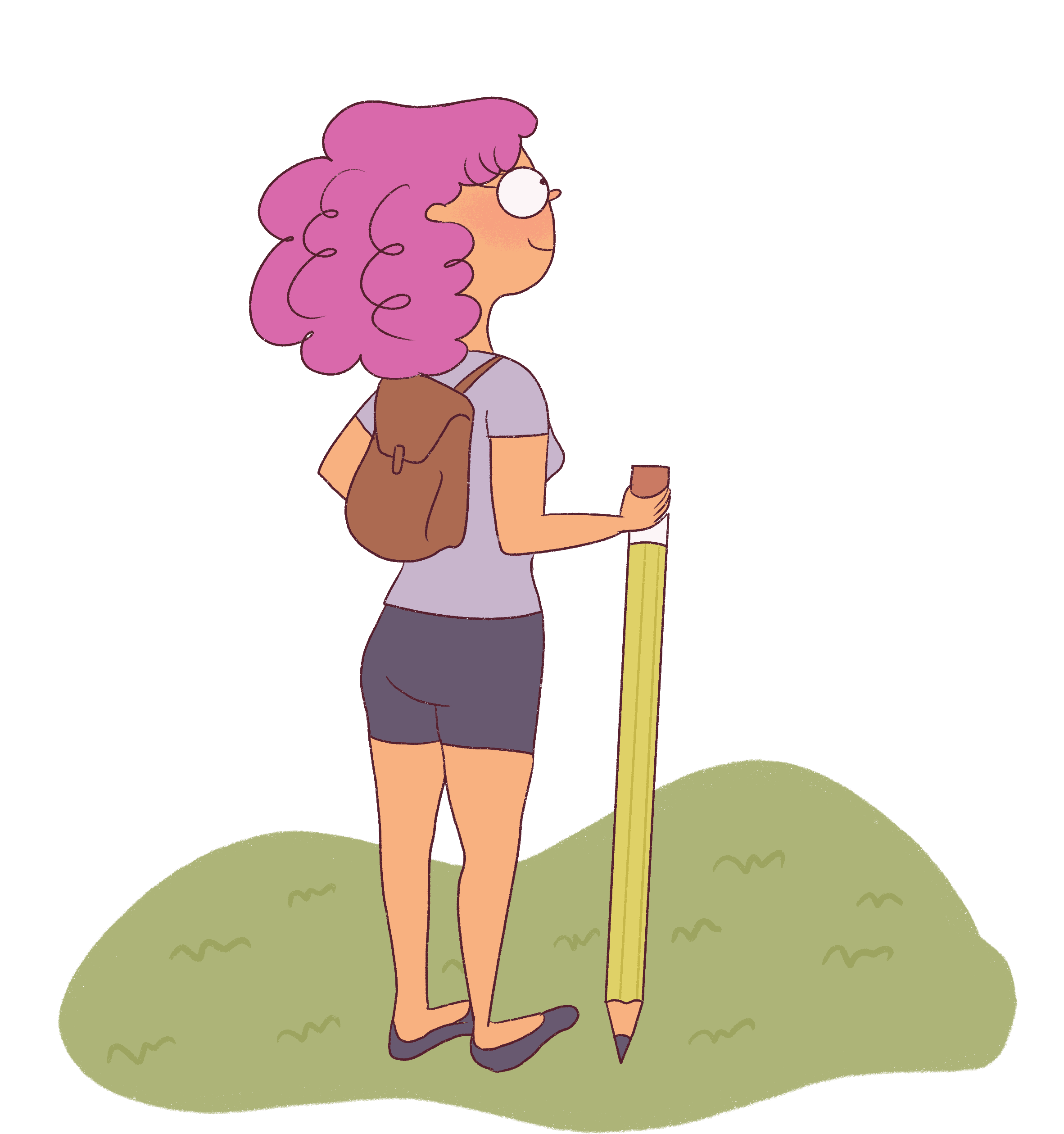
As I said earlier, it takes time to grow a blog.
If you’ve never had experience writing SEO-optimized posts or researching topics, it will take time to learn these skills.
So, in the beginning, you need to be prepared to write and just do this to learn.
As you keep writing, some things will work, and some won’t.
You cannot get discouraged when things don’t work.
You must keep analyzing your progress month after month and note what works and what doesn’t.
Then you do more of the things that work the next month.
In the beginning, it’s kinda like throwing spaghetti at the wall and seeing what sticks.
But if you’re trying to be perfect and get it all right initially, you’ll never know what works. You have to be prepared to write, write, write in the beginning.
This strategy of rinsing and repeating is what we bloggers do.

We rinse and repeat strategies that work and discard the ones that don’t.
What worked 3 months ago won’t work today because Google constantly changes its algorithms.
The second some wise-ass invents a strategy to beat the curve and use a short-cut; Google sits down to create a new algorithm that will reward the content creators who work hard to produce accurate and helpful content.
This is why learning never stops.
This is also why I must keep updating my eBooks or releasing new ones – because what I wrote 2 years ago is irrelevant today.
SEO is evolving daily, and you must always open your eyes and ears.
This also means that you can never get completely attached to a method that works. Today it will be your favorite method; tomorrow, it may become obsolete.
In all my emails and blog posts, I stress writing and writing in the first few months. Because you just need to get better – once you become better at this, you’ll understand everything there is to know about monetization. By then, you will start seeing more progress – but in the beginning, all you have to focus on is getting better.
This is the game we play – and this is how we play it.
3. You have to put your audience first
Let me give you a small example.
When I started my blog on drawing, I started with very complicated drawing tutorials. I covered a lot of topics on hair, faces, etc. I’d take so much joy creating these tutorials – and I expected a lot of pageviews, but nada.

Those didn’t do as well as I had hoped.
I noticed that my posts on more cute and kawaii stuff did better than my complicated posts. Those were so easy to make and weren’t a challenge at all.
This is something that applies to basically every niche.
90% of your audience are beginners.
They want the easy stuff. They like to take help with those first steps, and you need to be there to guide them.
You may be a pro fitness expert, but your posts aimed at beginners will do far better than the intermediate or advanced stuff.
This means you’ll have to keep entertaining the beginners.
So, even if you’re a music blog, you’ll notice that your posts like “Piano for Beginners” or “Guitar for Beginners” will get way more traffic than the others.
It’s a fact – I’ve seen it across all my blogs.
And yes, you’ll get slightly bored after a year – talking about beginner topics. You’re repeating yourself endlessly over and over again.
Only 5-10% of your audience will actually grow with you and move over to the intermediate stuff.
That’s the harsh reality.
Because you’ve been doing it for so long, you’ve gotten good – you will want to talk about the more advanced stuff, and you can, but it can’t be too much because that’s not what is going to make you money.
80-90% of your content has to be aimed at beginners, newbies, people just entering the field.
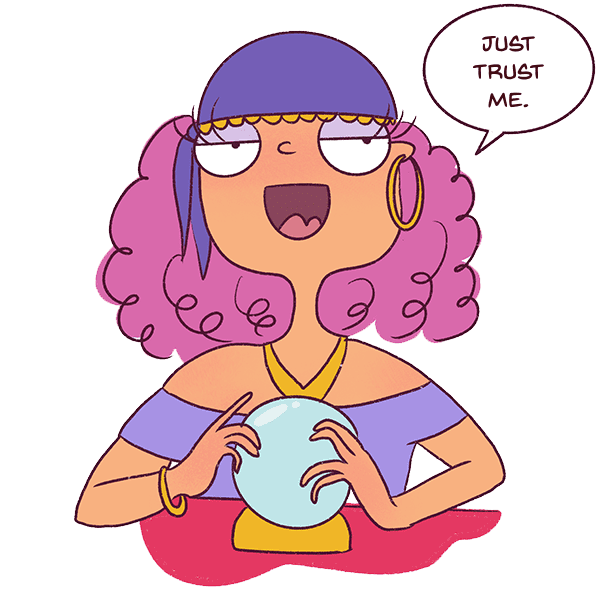
This is the hard truth that almost nobody talks about.
So, although this blog niche is your passion – it certainly is very hard to blog about beginner topics continuously – and it will test your patience and creativity.
But the one pro about this is if you do it right, you’ll keep gaining fans and help so many people fall in love with your niche.
That, to me, is why I do what I do.
When I get comments like this, I know I am on the right track:

4. You have to be your motivator
This is a pro and a con.
Pro: Nobody is sitting behind you telling you what to do and when to do it.
Con: Nobody is sitting behind you telling you what to do and when to do it.
You have to be extremely organized.
In the beginning, it’s always chaos.
You’re figuring out your schedule; you have no idea what to blog about and how many blog posts to write – this can be a little difficult.
But with time, you get the gist.
And as you keep growing your business, more and more responsibilities get added to your plate.
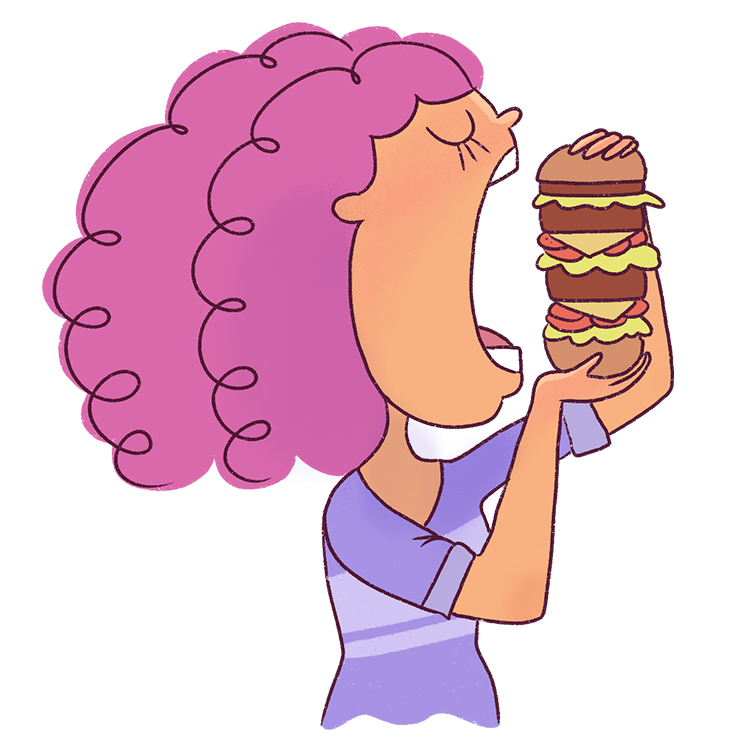
This is a vegan burger, no animals were harmed in the making of this illustration
You have to get up and work even when you don’t feel like it:
- There will always be emails to answer
- You have to promote your work even when you feel icky about promotion and marketing
- You have to answer tough emails and questions – nobody is going to do it for you
- You have to develop thick skin because you are the face of your business
- You have to deal with copycats and people who rip off your blog posts (you’ll have to send cease and desist letters), and you have to keep following up
- You will have to work on your blog even when it’s not bringing in an income or it’s losing pageviews
It’s not easy doing this because you will rarely have anyone to depend on.
As a person living in a country where blogging is mostly unheard of, I rely on inspiration from blogging groups. I’m part of a paid mastermind group and a part of Facebook Groups that I open only for motivation and information.
Sometimes you’ll feel like talking to somebody about your work – but you don’t have that.
You don’t have colleagues, you don’t have to commute and go anywhere, and you usually work in your pajamas.
So, it’s very easy to lose track of your work or be unmotivated or be so overwhelmed that you can’t work.

Sometimes, life happens – and you’ll lose interest completely.
That’s why blogging isn’t a walk in the park.
I remember the year when my mom was diagnosed with fourth-stage cancer, and I found out my ex was cheating on me. I had to go through a divorce amid the pandemic and watch my mom die slowly because hospitals nationwide were closed to adhere to the pandemic. My mum was my best friend.
Going through heartbreak and losing her at the same time broke me in a way words cannot explain.
I lost interest in writing.
I genuinely had zero motivation to blog.
I took a year-long break just healing via reading and attending psychology classes, and when I came back, I came back stronger than ever.
I will always be grateful for books because every time I have been stuck (in life or work), I’ve had books to lean on. Voices from actual people telling me how to get through the mess and make it to the other side.

I had a year to clear my mind and learn SEO, and I felt like I was starting from scratch – but now I was passionate.
I talk about this because I want you to know that blogging isn’t easy.
There will be days/weeks/months you don’t feel like doing it.
Life happens.
We lose our parents, loved ones, and pets, and some of us must work through different problems and disadvantages.
I have many specially-abled readers, single moms/dads. I also have readers over the age of 65 trying to learn SEO.
It isn’t easy.
Nothing in life is easy, and it’s definitely not easy to stay motivated 24/7.
That is why falling in love with creating this business is so important. It is important to fall in love with this craft. That’s the only way you’ll never lose interest and keep returning to your business.
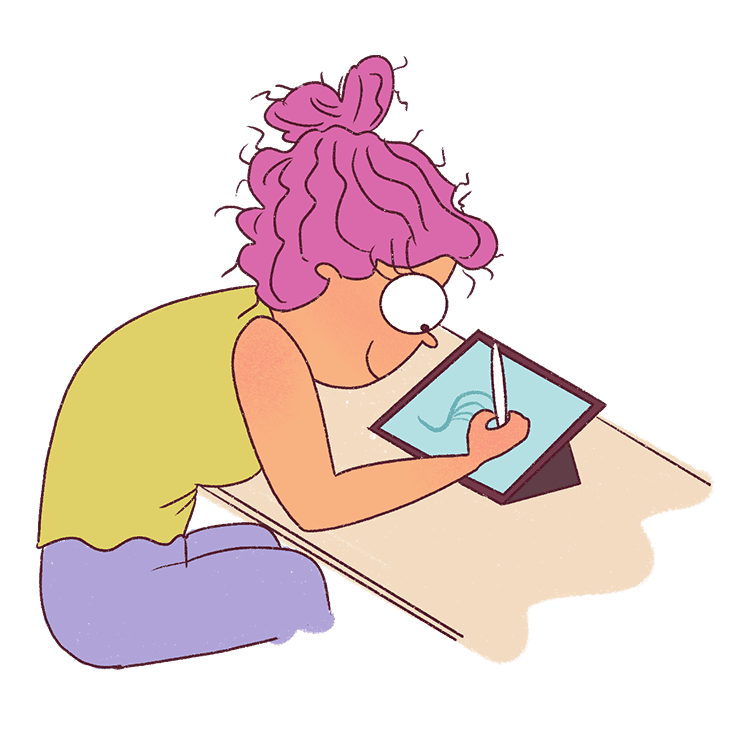
Because that is what will keep that fire burning in you even on your worst days – and trust me, we all have bad days.
You have to be your motivator.
5. You have to be careful with what you share online
When you start making it big, people will expect you to share more and more.
Your personal life won’t be very personal, and the more you share, the more vulnerable you become.
The more vulnerable you become, the more attention you have to pay to keep your private life safe.
I learned very early on that it’s easier to blog when you keep people at a distance.

I don’t share too much about my personal life on social media.
I never reveal the identity or the names of people who are close to me – because there are dangerous people in this world, and you can never be too safe.
Even in my newsletters, I always refer to my father as “my dad” or my partner as “my partner.” I won’t reveal my friends’ names; apart from my dogs, I don’t talk about much.
I don’t share photos of my friends and family on Facebook/Instagram; I only use social media to learn or read up on business because people who I have conversed with sometimes try to look me up online, and I’d rather they not know everything about my personal life.
- If you are a mom blogger – always blur out your kids’ faces in photos/videos.
- If you live alone, do not share your address in your emails/software accounts. Create an office address or use a dummy address. Some people will track your address and invade your privacy.
- Be careful when working with people; always have firm contracts in place so that nobody misuses the information you share.
It’s not easy drawing boundaries – and in the beginning, you won’t feel the need to.
But as you grow and make it big, it becomes increasingly difficult to draw lines – so pick up this skill right now at the beginning.
Don’t share anything you don’t need to, and always be aware of where you share what and with whom.
It is not just for your own safety but for the safety of the people you love.
6. You have to master several skills
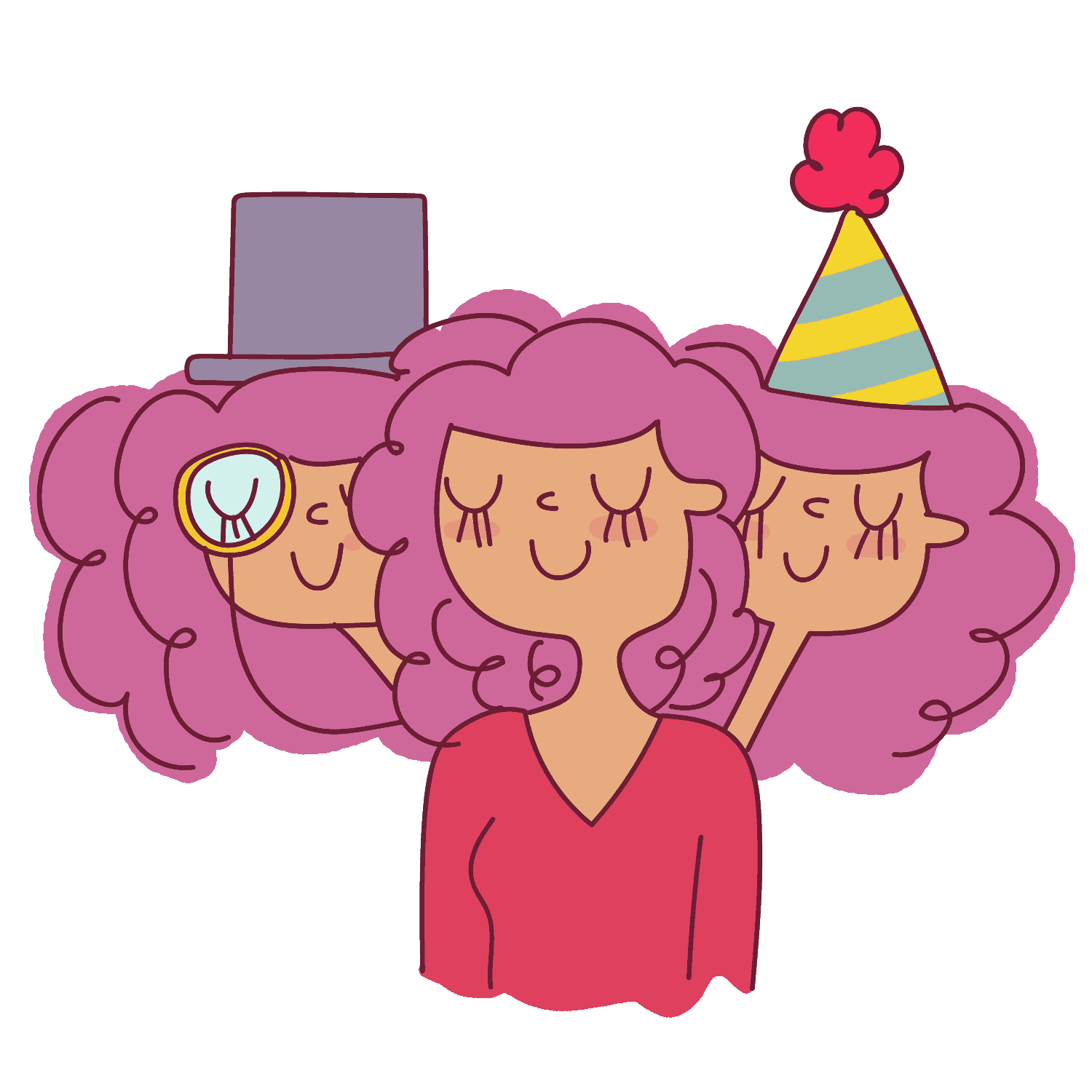
Hiring an expert is easy, but how do you know they are an expert unless you understand the field properly?
For instance, if I want to hire someone who does Facebook ads, how do I know they’re good unless I have a somewhat good knowledge of how Facebook Ads actually work?
This is why you need to have a basic understanding of everything in the blogging business.
- You need to know the basics of website development
- You have to be a pro at SEO and topic research
- You need to have a good sense of design
- You have to learn the inner workings of social media and be familiar with their algorithms.
- You must become well-versed in email and responding – you must be professional.
- You have to be organized and know where everything is
- You must be somewhat good at numbers, statistics, and math because you’ll be doing your finances and taxes and regularly looking at traffic and income.
- You must become proficient at communication and do promotions and interviews occasionally.
- You have to become the debugger – anything that goes wrong technically or logistically has to be fixed by you alone.
So, bloggers just don’t blog.
They are creators, communicators, math experts, and problem solvers.
As you keep building blogs and growing businesses, you become good at all of these skills – and you become way more skilled and responsible than the average person at a full-time job.
I’m not demeaning people with full-time jobs.
I’m only saying that the skills you learn as a full-time business owner are way more thorough because you are doing it all by yourself and putting in a lot of hours. Your success depends on you, so you’ll pucker up and do way more than the average person does.
7. You have to be patient
In the beginning, it’s all crickets.
It takes time to learn what’s working, and it takes time to rank on Google.
I’ve written multiple blog posts on how to do keyword research and find topics to blog about, and I’ve even written multiple eBooks to help bloggers get to their first $1K/month.
All this education will only cut short the time it takes to get there.
But you still have to put in the work – we all do.
The problem I see with most bloggers is they never get to have 100 posts on their blog.
They give up before that or keep redoing their website repeatedly because they feel it’s not pretty enough or doesn’t have good direction.
It’s impossible to have direction in the beginning.
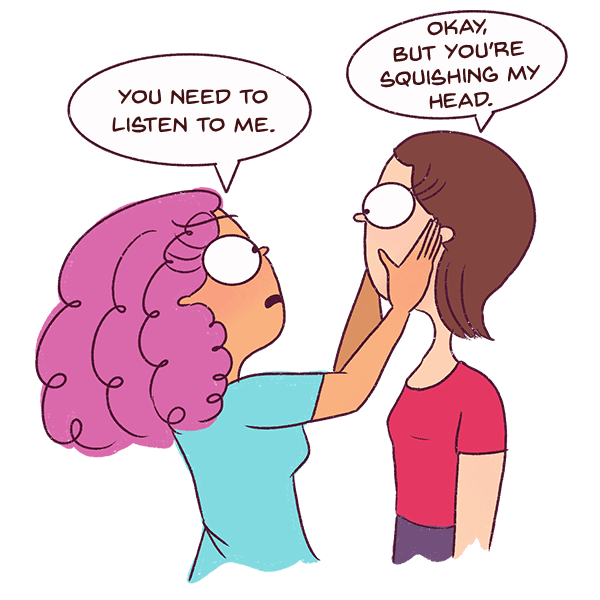
You only have a somewhat good idea of a niche and start all sloppy – that’s the general trajectory of blogging.
Then after writing about 30-50 posts, you get a good idea of what topics are doing well on your blog, so you center your blog around those topics specifically.
This is how I started www.mindspacecafe.com.
It discussed productivity, minimalism, and love in the general lifestyle niche.
Love took off.
With more time, I noticed posts on relationships and cheating/divorce did better.
So, I centered around those topics and evolved the blog from a lifestyle blog to a relationships blog.
I noticed that hair care and specific hair questions did very well in my hair blog, so I try to discuss those topics.
It took me around 5-7 months for both blogs to see what clicked and follow through.
But to get there, you have to be willing to write and try to find your way.
You have to be okay with zero progress initially – you’re just stumbling in the dark, and that’s okay.
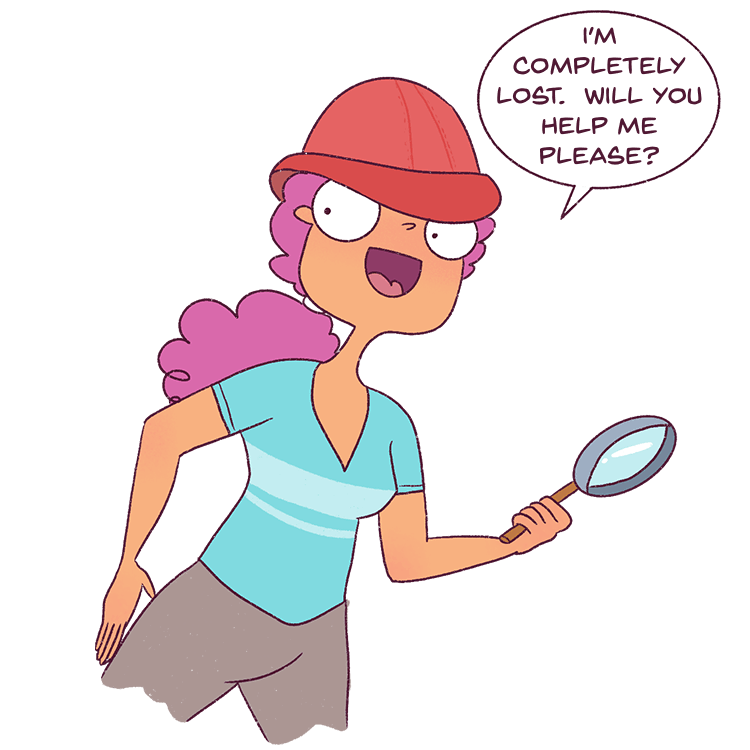
If you’re a new blogger with no idea of SEO, then that timeline might look like 1-1.5 years.
But it’s okay because, with experience, we learn.
We get better only with experience.
But you need to be patient, and you need to put in the work.
And that brings us to the end of this very exhaustive list.
If you’re keen on learning more about SEO and actually starting a blog that makes money, consider getting my eBook – Start a Blog from Scratch. You can still nab the 24-month blog plan if you buy the eBook.
In this eBook, I record every single detail of how I quickly start and launch a blog with minimal design and content – I write the necessary pages like About, Contact, Privacy Policy, and Terms and Conditions.
I also teach you how to validate your blog niche and do topic research before starting your blog so you know what kind of traffic to expect in the first few months.
It’s all basic math and statistics. I go over everything in this eBook. I teach you what to focus on after starting a blog so that you can immediately get traffic and monetize that traffic!
And for this week only, you’ll get my 24-month blog plan for free. It’s not as difficult as you think if you have a plan – the plan will help you stay accountable and do what’s necessary to launch and grow your blog.
So, check out the ebook + 24 month plan here!
Here are a few more posts you may find helpful:
- New Niche Blog: Income report and traffic case study for 10 months
- 5 top mistakes bloggers make when starting blogs
- How to make your first $100 blogging
- 7 easy ways to make money blogging
- How long does it take to make money blogging?
- How long does it take to get organic traffic from Google? + My Case Study
- 17 reasons why your blog is not making money
- What I’ve learned from running 4 different blogs
- 7 things I did differently when starting my second blog
- How to start a book blog + examples and make money doing it
- How to start an art blog and make money
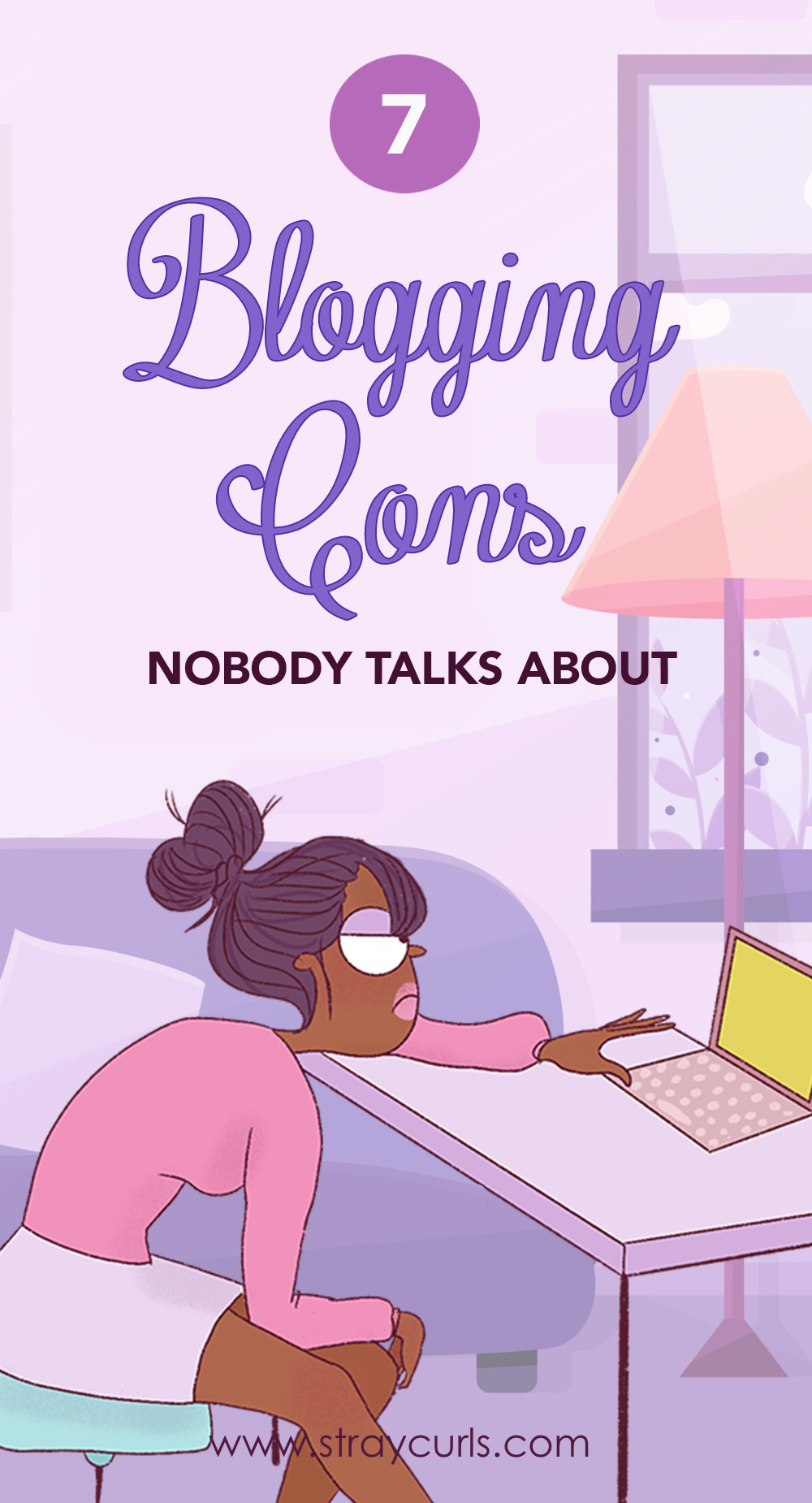
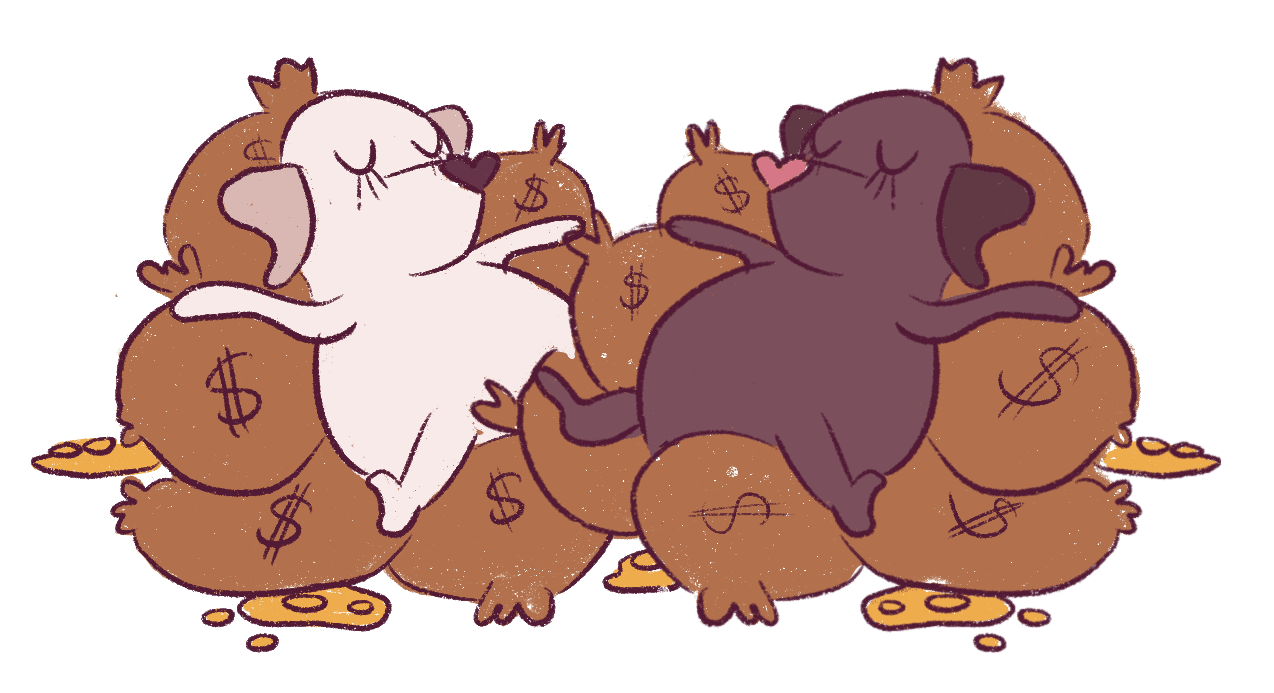
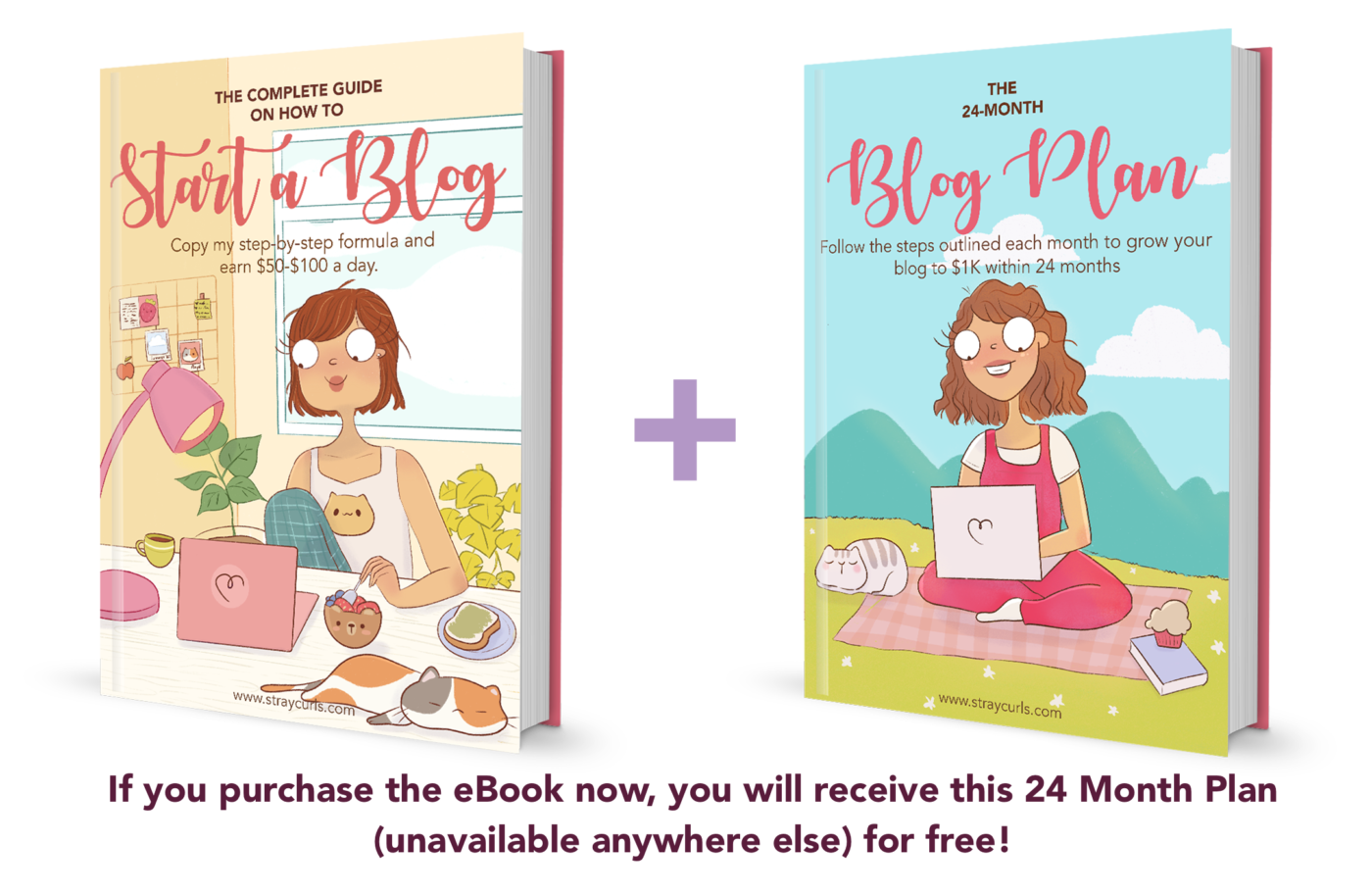


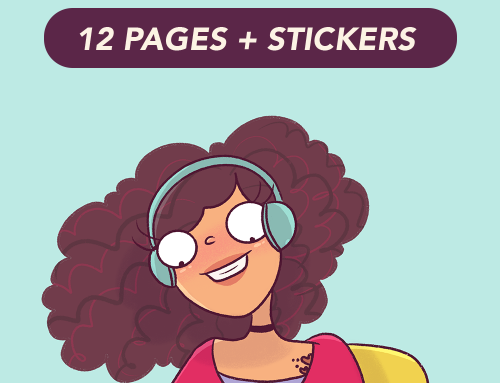

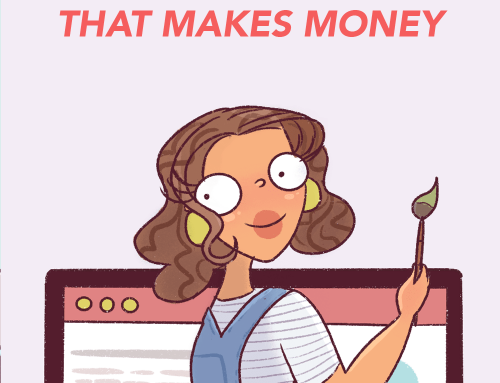
So true. I’ve been blogging for 7 years and still struggle to keep all the balls in the air. Thanks for being so honest, Angela. I love reading your stuff and your pics are the best!!!
7 years? That’s incredible! I appreciate you for being a fellow blogger. =)
And thank you for your kind words, always a pleasure to hear from you.
Much love,
Angela
You are totally right. Blogging is not so easy and it requires long term commitment
It ain’t easy, but if you do get serious about it – it’s quite a good income source and a lot of fun!
It’s a crap ton of trial and error and you do have to be your own cheerleader. I know it’ll be worth it in the end though.
You’re right, Maria. I remember in my first year of blogging, I had many bad days. It’s difficult when you’re just starting. But once you’ve managed to hit a full-time income, then no matter what happens, you can always build it back up again doing practically anything else. It’s all about believing in yourself, honestly. It will happen if you really want it to work.